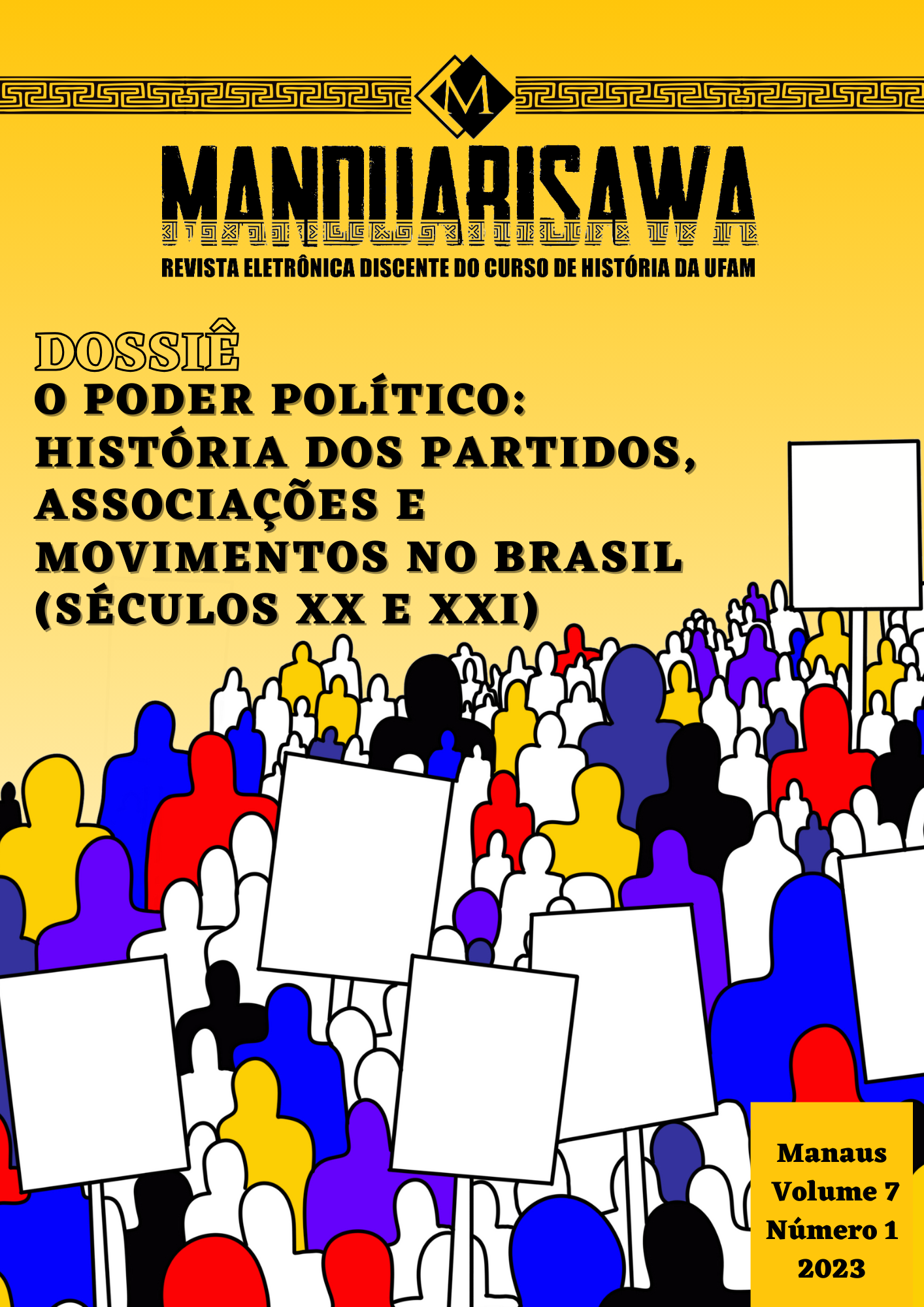Corporatism in Brazil: The Relationship of Integralism with Getúlio Vargas and the Estado Novo
Abstract
Corporatism was a worldwide phenomenon encompassing different national variants and political views. In Brazil, in addition to the government of Getúlio Vargas, other groups developed corporatist State proposals in the period, as the Brazilian fascist movement. The Brazilian Integralist Action (Ação Integralista Brasileira, AIB) employed an authoritarian, nationalist, and corporatist discourse. During the period when Brazilian Integralism was active, Brazil was also experiencing a period of authoritarian escalation in the Federal Government. Thus, in addition to the dissonance between the proposals presented by the integralists and Vargas, there were moments of collaboration, thanks to their shared enemies and the corporatist natures of their State projects. Given this, this article analyzes the relationships they established that resulted in a brief support of integralist leader Plínio Salgado to implement the Brazilian Estado Novo. It is intended to investigate how the corporatism proposed in the 1937 Constitution, which institutionalized the Vargas dictatorship, contributed to this process.






